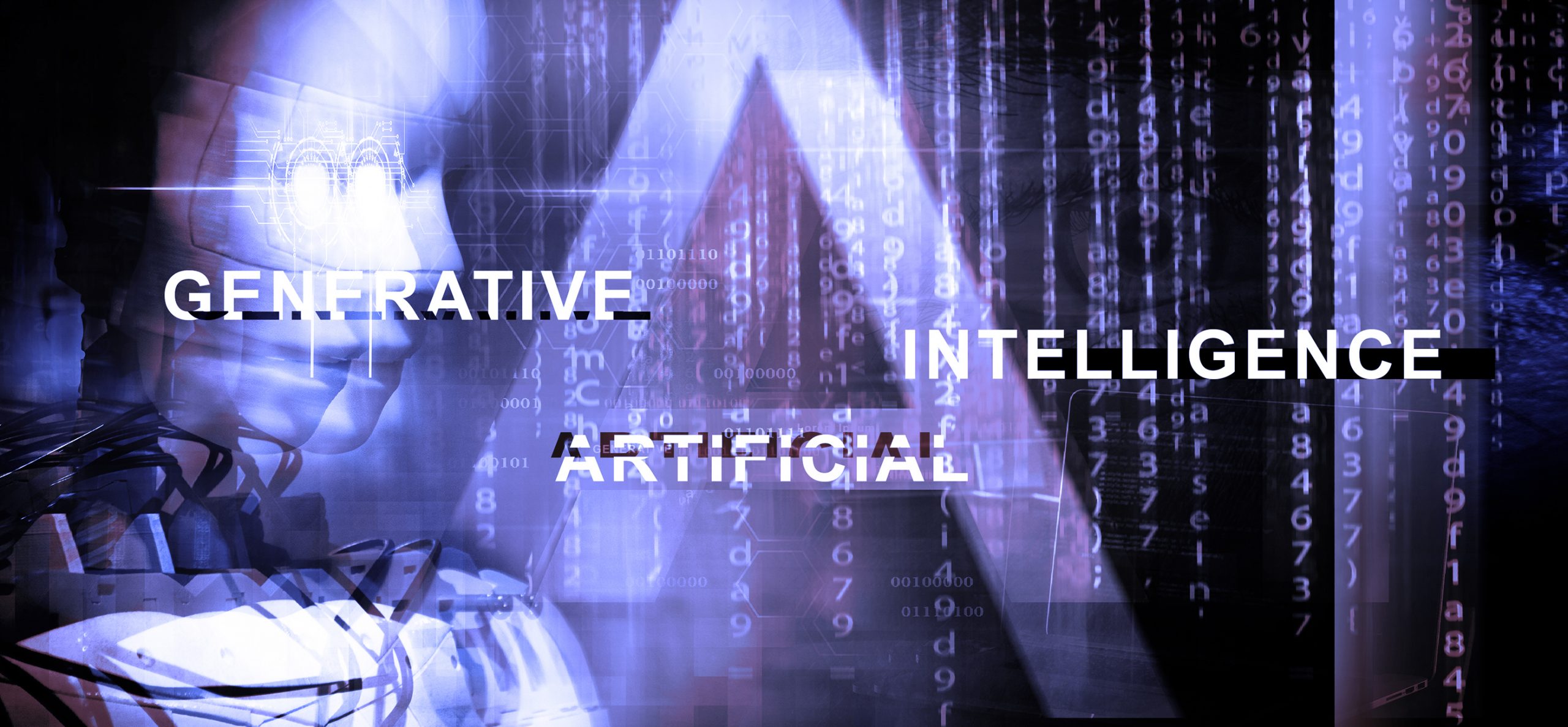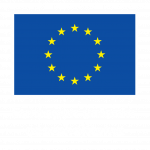

The Large AI Grand Challenge is ongoing from 16 November 2023 to 16 January 2024
Do you work with large-scale AI models? Are you familiarised with language foundation models and super computer systems? The Large AI Grand Challenge is looking for you!


Large-scale AI models refer to a new generation of general-purpose AI systems that can adapt to various domains and tasks without significant modification. Thanks to their adaptability, these models hold immense potential to revolutionise various industries. Notable examples of large-scale AI models include OpenAI’s GPT-4 and Meta’s LLaMA 2. It is of strategic importance for European sovereignty to ensure European companies master this field.
Participants in the Grand Challenge are invited to submit a proposal for the development of a language foundation model, utilising one of the EuroHPC JU targeted facilities (i.e. LUMI or Leonardo supercomputers). The model must be trained from scratch, possess a minimum of 30 billion parameters, and be trained following state-of-the-art optimal scaling laws for computing and training data size.
Applicants are required to provide a detailed project scope and plan for the development of the large-scale AI model. They must also offer solid justification for the planned model’s relevance, the justification for the use of HPC, and demonstrate their team’s expertise in training foundation models using HPC systems, as well as the efficient use of the target supercomputers (i.e. LUMI or Leonardo), along with an appropriate plan of the use of the computing time.
What are the goals of the LARGE AI GRAND CHALLENGE?
The purpose of the Large AI Grand Challenge is to:
- Foster the development of large-scale AI models in Europe and
- Substantially increase the visibility of Europe’s activity in this field.
The competition will reward innovative startups and SMEs for devising ambitious strategies and making commitments to develop large-scale AI models that will provide a competitive edge for Europe.
The expected outcome of the Large AI Grand Challenge is the selection of up to four proposals to create innovative foundational language models that will outperform state-of-the-art systems in a number of relevant tasks. The development of these models should necessarily involve the use of High-Performance Computing (HPC).
Who are we looking for?
To be eligible to apply to the Large AI Grand Challenge, applicants must meet the four following criteria:
- Be a single legal entity
- Be a small and medium-sized enterprises (SMEs), this includes startups;
- Have technical capacity AND experience working on large-scale AI models. Also consider that projects must focus exclusively on civil applications;
- Be established in one of the Member States (MS) of the European Union (EU), including overseas countries and territories (OCTs).
Note that, consortiums are NOT eligible within this Large AI Grand Challenge, as well as single legal entities that are NOT an SMEs(e.g., universities, research centres; NGOs, governmental organisations, large companies, etc.).
SMEs can present a proposal targeting the LUMI supercomputer and an independent proposal targeting the Leonardo supercomputer. Only one proposal can be submitted by an SME to each of the specific supercomputers. However, it’s important to note that an individual SME is not eligible to receive both prizes.
A critical component of the proposal will be the inclusion of a substantial differentiating factor compared to existing large language models. This could be accomplished either by introducing innovative enhancements or by devising novel models that effectively address the limitations of current ones. Additionally, the proposal should provide a rationale for the utilization of HPC facilities, accompanied by a well-defined plan.
What do we have to offer?
The available budget for monetary prizes of the Large AI Grand Challenge is 1.000.000€. The money will be awarded by the panel of the Large AI Grand Challenge to up to four proposals, as follows:
- LUMI Winner: Up to two prizes of 250,000€ and an allocation of 2 million GPU hours on the LUMI facility per project. This allocation will be used to develop the large-scale AI model described in the proposals in the 12 months following the prize awards.
- Leonardo Winner: Up to two prizes of 250,000€ and an allocation of 2 million GPU hours on the Leonardo facility per project. This allocation will be used to develop the large-scale AI model described in the proposals in the 12 months following the prize awards.
You will also get:
- The change to be a part of a network sponsored by European Commission DG Connect – CNECT AI and Robotics and EuroHPC-JU;
- The opportunity to make use of EuroHPC-JU facilities and target supercomputers.
How can you apply?
The Large AI Grand Challenge is open from 16 November 2023, 12h CET to 16 January 2024, 17h CET.
Please read and complete the following documents and apply via the F6S platform -> https://www.f6s.com/large-ai-grand-challenge/apply
Visit the original page for more information: AI-BOOST (aiboost-project.eu)

